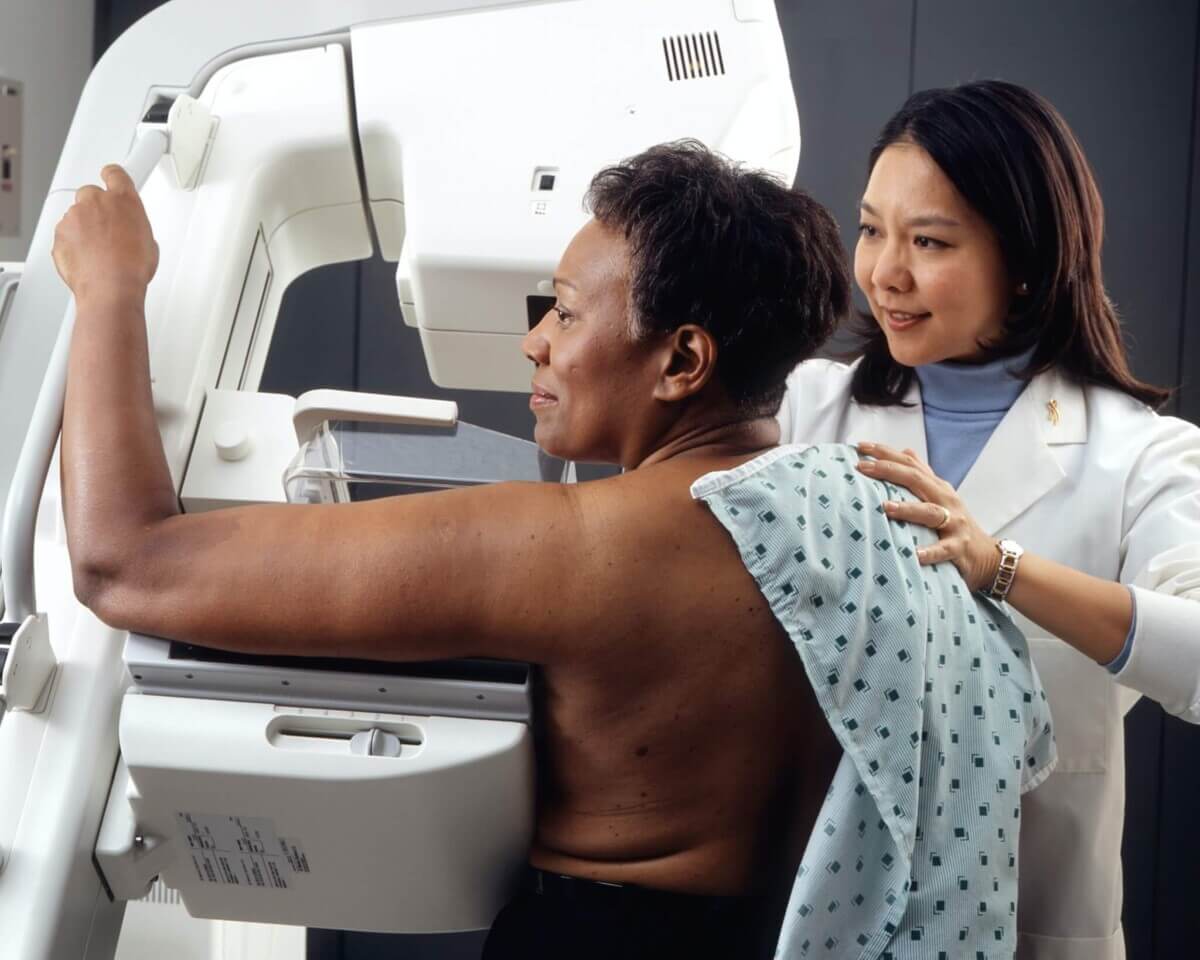
(Photo by National Cancer Institute on Unsplash)
LONDON — Doctors appear to be making significant strides in the fight against cancer, despite the rising number of cases. Cancer Research UK reveals that there has been an exceptional decline in the number of cancer deaths among middle-aged individuals in the United Kingdom, marking the lowest figures in over a quarter-century.
Conducted by researchers from the University of Leeds, University College London, and Public Health Scotland, the study, published in The British Medical Journal, covers cancer incidence and mortality trends from 1993 to 2018 among adults between 35 and 69 years-old.
The study documented a 37-percent drop in cancer mortality rates for men and a 33-percent decrease for women, analyzing data across 23 types of cancer. Notably, there was a 54.3-percent reduction in cervical cancer mortality rates, a testament to the success of the HPV vaccine and cervical screening in halting the disease's progression.
Additionally, lung cancer mortality rates have plummeted by 53.2 percent in men and 20.7 percent in women, attributed to decreased smoking rates over recent decades. The study also points to the life-saving impact of screening programs for breast, colorectal, and cervical cancers through early diagnosis.

Despite these advances, scientists raise concerns over the rising number of cancer cases, fueled by a growing population and lifestyle factors that increase cancer risk. Over the 25-year span, cancer cases surged by 57 percent in men and 48 percent in women, presenting significant challenges for patients, the UK's health care system, and the economy.
The research further identifies troubling increases in melanoma, liver, oral, and kidney cancers, with mortality rates for liver, oral, and uterine cancers lagging in improvement, closely linked to risk factors such as UV exposure, alcohol consumption, obesity, and smoking.
“This study helps us to see the progress we’ve made in beating cancer and where challenges clearly remain,” says study lead author Jon Shelton, head of cancer intelligence at Cancer Research UK, in a media release. “With cancer cases on the rise and improvements in survival slowing, it’s vital that the UK Government takes bold action to keep momentum up. Now is the time to go further and faster, building on the successes of decades of research and improvements in health care.”
“This research is as a useful benchmarking tool for the next 25 years and beyond so that we can take action to save more lives from cancer. We must continue to prevent as many cancer cases as possible, diagnose cancers sooner and develop kinder treatments.”
The report notes that nearly 37,000 cancer cases could be prevented by 2040 in the U.K. by addressing smoking, obesity, and alcohol consumption.
The charity also highlights the critical need for the U.K. government to focus on early cancer diagnosis. Proposals include optimizing colorectal cancer screening to improve access and expanding targeted lung screening across England to address the deadliest cancer type.
“But cancer is still a defining health issue in the UK that impacts nearly one in two people. People face long waits for vital tests and treatment and cancer cases are on the rise,” notes Michelle Mitchell, chief executive at Cancer Research UK. “Cancer patients won’t feel the full benefits of advances in research breakthroughs and innovation, including new cancer treatments, without a long-term plan and funding from the UK Government.”
Cancer Research UK urges the implementation of comprehensive cancer strategies, including the establishment of a National Cancer Council in England, to spearhead cross-government action on this critical health issue. In the United States, around two million people were diagnosed with cancer in 2023, according to the National Institutes of Health. Over 609,000 died from the disease.
You might also be interested in:











It's the food we eat. Eating out alot restaurants, im a server 40 yrs seen alot of bad things.